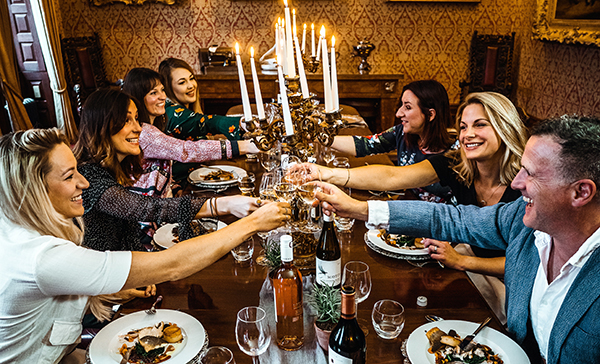Individual Counseling Insights brought to you by California Psychotherapeutic Resources, Inc.
It’s not something most people probably thought about at the beginning of the pandemic or during the subsequent quarantine and lockdown measures. We’re talking about social awkwardness after being away from groups and social situations for an extended period of time. Of course, some very social people will fit right back into their routines. A lot of people, though, especially those who are more introverted or those with a touch of social anxiety, may find it difficult to just start mingling again.

Arlin Cuncic, writing for the website VeryWellMind, says “Research with isolated populations such as soldiers, astronauts, and prisoners tells us that social skills can atrophy just like muscles that are not used. If you are isolated from other people for an extended period of time, you will end up feeling awkward, socially anxious, and unable to tolerate what used to feel mundane.”
Feeling uneasy about getting back together with people socially but don’t know if you’re experiencing social anxiety? Look for these subtle signs, says Cuncic:
- Feeling like you’ve become oversensitive
- Overreacting
- Doing things that seem inappropriate (e.g. oversharing during a conversation)
- Misinterpreting someone’s intentions because of their facial expressions
Fortunately, there are also tips for practicing your social skills, such as:
- Maintaining communication even if it feels awkward
- Embracing the feeling of awkwardness
- Making jokes about the situation
- Practicing your listening skills
- Easing back into social situations with people that you know well
For a more in-depth discussion on social awkwardness, see Cuncic’s full article here.